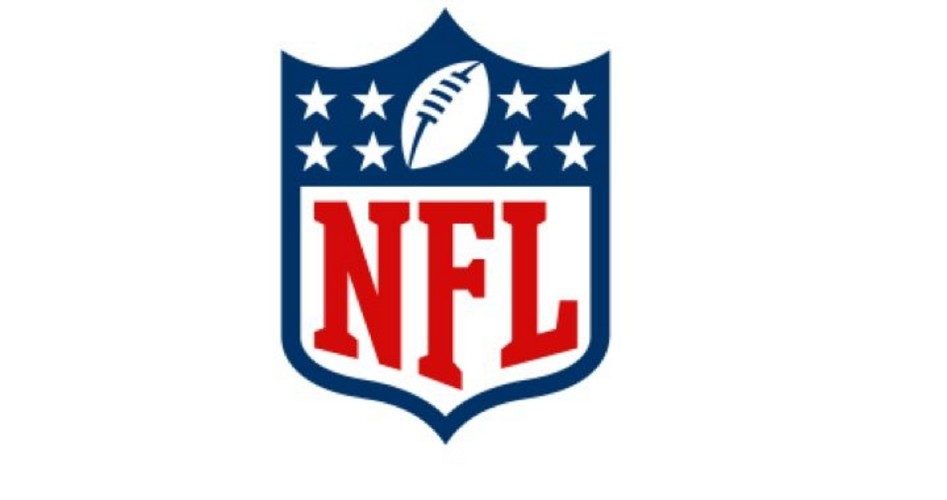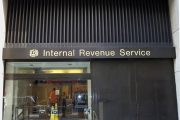
When asked recently about Colin Kaepernick and other highly paid NFL football players protesting “social injustice in the United States” by kneeling during the playing of the national anthem, former Pittsburgh Steeler quarterback and hall of famer Terry Bradshaw replied, “I am a man that loves the flag. I love the national anthem. I find it extremely disrespectful. But if in fact that’s what they want to do [kneel during the playing of the “Star-spangled Banner”], then they do it. There are repercussions. I think that you are going to pay for it in some way or other.” (Emphasis added.)
As the National Football League (NFL) gets deeper into the season, and its television ratings continue to collapse, it appears that “repercussions” are indeed happening.
For years advertisers have been shelling out huge sums for the opportunity to run commercials during NFL games, thereby, of course, allowing the owners to pay their players princely salaries — including the millions that Kaepernick rakes in while sitting on the bench during the games. Now, however, with several players choosing to protest during the playing of the national anthem by kneeling, many fans have reacted by changing the channel, or by turning off the TV altogether.
However, advertisers and the ad agencies that buy commercial time during the games expect certain numbers of viewers. Since the games are ordinarily watched live, many fans sit through the commercials, making ad buys during NFL games extremely desirable.
Or at least until this season.
The ad rates for a 30-second televised commercial during a game cost from $500,000 to $600,000 for prime-time games. However, if ratings are not up to a certain level, the ad contracts stipulate that the networks must essentially give free commercial time to make up for that decline. This in turn will rile the TV networks that broadcast the games (CBS, FOX, NBC, and ESPN), and may even lead to a renegotiation of the contracts — thereby bringing in less revenue for the owners to use to pay their players.
“If it hits the owners in the pocketbook, probably something will be done,” Bradshaw predicted.
If players’ salaries begin to dwindle, the non-protesting players could become increasingly disgruntled with the players who have opted to kneel during the playing of the national anthem.
NFL ratings have plummeted by double-digits in the first quarter of the 2016 season. The numbers are startling. The league’s top media executives, Brian Rolapp and Howard Katz, have addressed the situation in a memo to league owners which stated in part: “Prime-time windows have clearly been affected the most, while declines during the Sunday afternoon window are more modest.… While our partners, like us, would have liked to see higher ratings, they remain confident in the NFL and unconcerned about a long-term issue.”
What is especially significant about the decline in viewership this season is that it had increased 27 percent over the past 15 years, compared to an over-all decline in TV prime-time viewership of 36 percent.
In a Sunday night game between the Green Bay Packers and the New York Giants, the ratings saw a steep drop of 13.1 percent from the same week one year ago. It was the lowest overnight rating since week eight of the 2013 season. In the NFL opener this season, a Super Bowl rematch between the Carolina Panthers and the Denver Broncos, the ratings fell eight percent from the previous season’s opening game, and overall, first week games fell 13 percent from the 2015 season.
“This marked the lowest overnight season-opening rating in seven years,” reported Forbes.
The second week Monday night game, between the New York Jets and the Indianapolis Colts, had the lowest ratings since at least 2009. Ratings for week three fell 18 percent, with the Monday night game between the Atlanta Falcons and the New Orleans Saints coming in with a mere 5.7 rating, a whopping 38 percent decline from the same week in 2015.
Is this decline because of fan disgust at the spectacle of players raising clenched fists and refusing to stand for the national anthem? Not according to the NFL media executives, who said in the memo, “Finally, it is worth noting that we see no evidence that concern over player protests during the National Anthem is having any material impact on ratings. In fact, our own data shows that perception of the NFL and its players is actually up in 2016.”
Advertisers, who are in the business of knowing such things, apparently think differently. Denver Broncos’ star linebacker, Brandon Marshall, has already reaped “repercussions” from his decision to disrespect the flag. He lost not only his endorsement contract with Air Academy Federal Credit Union, but another contract with CenturyLink. CenturyLink explained, “We completely respect Brandon Marshall’s personal decision and right to take an action to support something in which he strongly believes. America is anchored in the right of individuals to express their beliefs. While we acknowledge Brandon’s right, we also believe that whatever issues we face, we also occasionally must stand together to show our allegiance to our common bond as a nation. In our view, the national anthem is one of those moments. For this reason, while we wish Brandon the best this season, we are politely terminating our agreement with him.”
Outside the Broncos’ Dove Valley facility earlier in the season, a man set ablaze an orange T-shirt with Marshall’s name written on it in ink. Apparently, his “perception” of Marshall is not “up.”
NFL Commissioner Roger Goodell said that while he recognized the right of Colin Kaepernick to protest, he “doesn’t necessarily agree” with him. But earlier, when players with the Dallas Cowboys expressed a desire to place decals on their helmets to commemorate the five recently murdered Dallas police officers, Goodell’s office refused permission.
So, Goodell and the NFL do believe that they have a right to regulate the behavior of their employees, including the players, in the workplace. Goodell’s decision makes it clear that he believes it is within the bounds of NFL standards to kneel during the playing of the national anthem, but it is not within the bounds of NFL standards to make a statement to support local police officers who lost their lives in the line of duty!
No one is advocating that the NFL regulate players’ political activity on their own time — but the field is the workplace in the NFL. Few restaurants, for instance, would allow their employees to refuse to serve customers who are wearing political T-shirts they do not like, and few would allow their employees to wear clothes supporting or opposing a political candidate or a political issue. Yet, Kaepernick was allowed to show up at a press conference sporting a T-shirt praising Cuba’s communist dictator, Fidel Castro.
Most fans who sit down to watch a professional football game are looking for a couple of hours of diversion. They are not tuning in to hear political propaganda. Few are watching to see the flag and the country — or the police — attacked. So many turn the channel, or just turn off the TV altogether.
What the NFL may need to consider is once TV viewers turn off the games, will they turn them back on? Though the NFL’s top executives have opted to believe that their fans are not bothered by players who make millions of dollars crying out about being oppressed, they may indeed face what Bradshaw predicts: repercussions.


